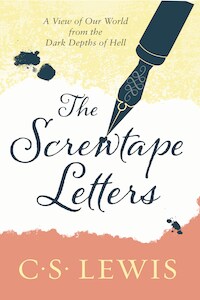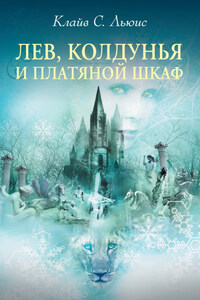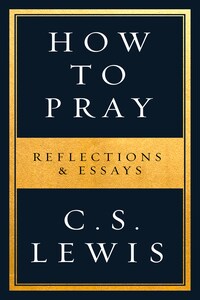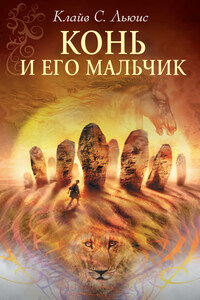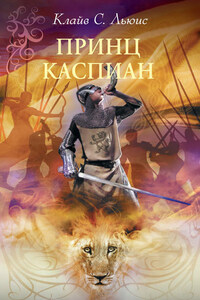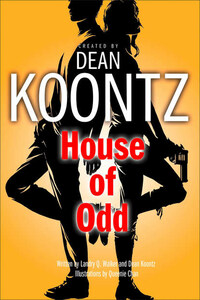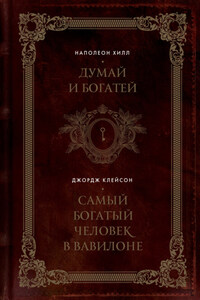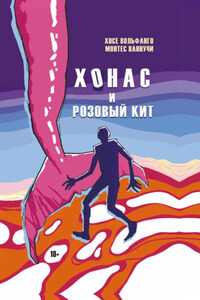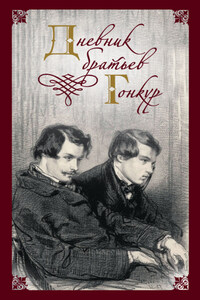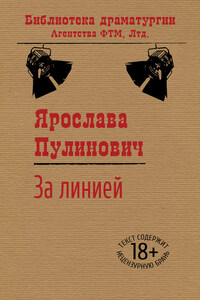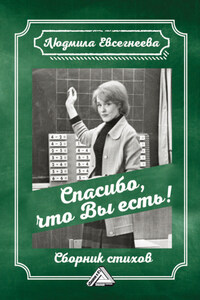Out of the Silent Planet
Perelandra
That Hideous Strength
C. S. Lewis
THAT HIDEOUS STRENGTH
A Modern Fairy-Tale for Grown-Ups
‘The Shadow of that hyddeous strength Sax myle and more it is of length.’
SIR DAVID LINDSAY: from Ane Dialog (describing the Tower of Babel)
I have called this a fairy-tale in the hope that no one who dislikes fantasy may be misled by the first two chapters into reading further, and then complain of his disappointment. If you ask why–intending to write about magicians, devils, pantomime animals and planetary angels–I nevertheless begin with such hum-drum scenes and persons, I reply that I am following the traditional fairy-tale. We do not always notice its method, because the cottages, castles, woodcutters and petty kings with which a fairy-tale opens have become for us as remote as the witches and ogres to which it proceeds. But they were not remote at all to the men who made and first enjoyed the stories. They were, indeed, more realistic and commonplace than Bracton College is to me: for many German peasants had actually met cruel stepmothers, whereas I have never, in any university, come across a college like Bracton. This is a ‘tall story’ about devilry, though it has behind it a serious ‘point’ which I have tried to make in my Abolition of Man. In the story, the outer rim of that devilry had to be shown touching the life of some ordinary and respectable profession. I selected my own profession, not, of course, because I think fellows of colleges more likely to be thus corrupted than anyone else, but because my own is the only profession I know well enough to write about. A very small university is imagined because that has certain conveniences for fiction. Edgestow has no resemblance, save for its smallness, to Durham–a university with which the only connection I have had was entirely pleasant.
I believe that one of the central ideas of this tale came into my head from conversations I had with a scientific colleague, some time before I met a rather similar suggestion in the works of Mr Olaf Stapledon. If I am mistaken in this, Mr Stapledon is so rich in invention that he can well afford to lend, and I admire his invention (though not his philosophy) so much that I should feel no shame to borrow.
Those who would like to learn further about Numinor and the True West must (alas!) await the publication of much that still exists only in the MSS of my friend, Professor J. R. R. Tolkien.
The period of this story is vaguely ‘after the war’. It concludes the Trilogy of which Out of the Silent Planet was the first part, and Perelandra the second, but can be read on its own.
C. S. LEWIS
Magdalen College,
Oxford.
Christmas Eve, 1943.
‘Matrimony was ordained, thirdly,’ said Jane Studdock to herself, ‘for the mutual society, help, and comfort that the one ought to have of the other.’ She had not been to church since her schooldays until she went there six months ago to be married, and the words of the service had stuck in her mind.
Through the open door she could see the tiny kitchen of the flat and hear the loud, ungentle tick tick of the clock. She had just left the kitchen and knew how tidy it was. The breakfast things were washed up, the tea towels were hanging above the stove, and the floor was mopped. The beds were made and the rooms ‘done’. She had just returned from the only shopping she need do that day, and it was still a minute before eleven. Except for getting her own lunch and tea, there was nothing that had to be done till six o’clock, even supposing that Mark was really coming home for dinner. But there was a College Meeting today. Almost certainly Mark would ring up about teatime to say that the meeting was taking longer than he had expected and that he would have to dine in College. The hours before her were as empty as the flat. The sun shone and the clock ticked.
‘Mutual society, help, and comfort,’ said Jane bitterly. In reality marriage had proved to be the door out of a world of work and comradeship and laughter and innumerable things to do, into something like solitary confinement. For some years before their marriage she had never seen so little of Mark as she had done in the last six months. Even when he was at home he hardly ever talked. He was always either sleepy or intellectually preoccupied. While they had been friends, and later when they were lovers, life itself had seemed too short for all they had to say to each other. But now…why had he married her? Was he still in love? If so, ‘being in love’ must mean totally different things to men and women. Was it the crude truth that all the endless talks which had seemed to her, before they were married, the very medium of love itself, had never been to him more than a preliminary?

